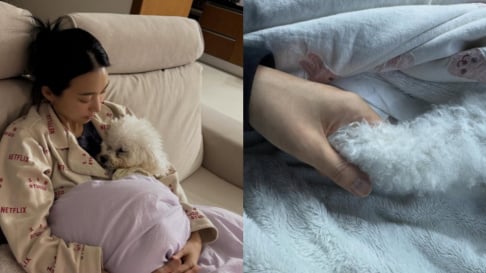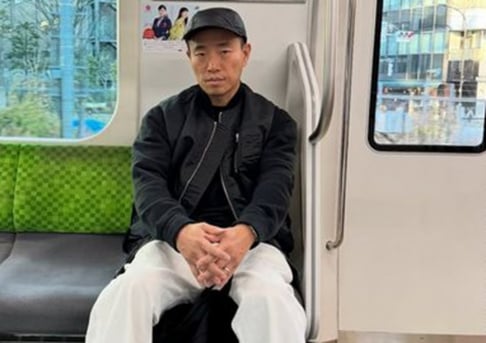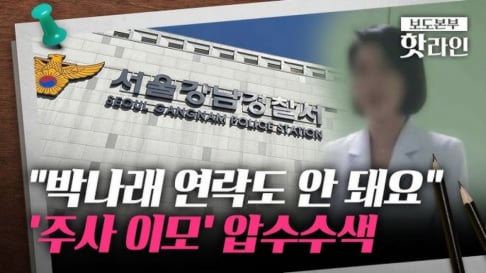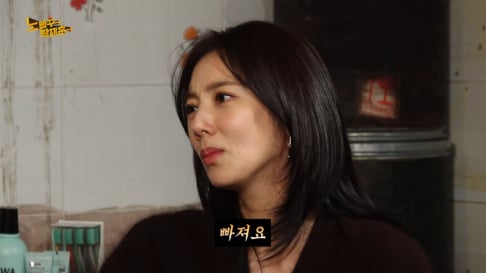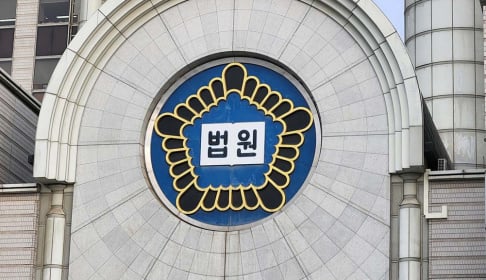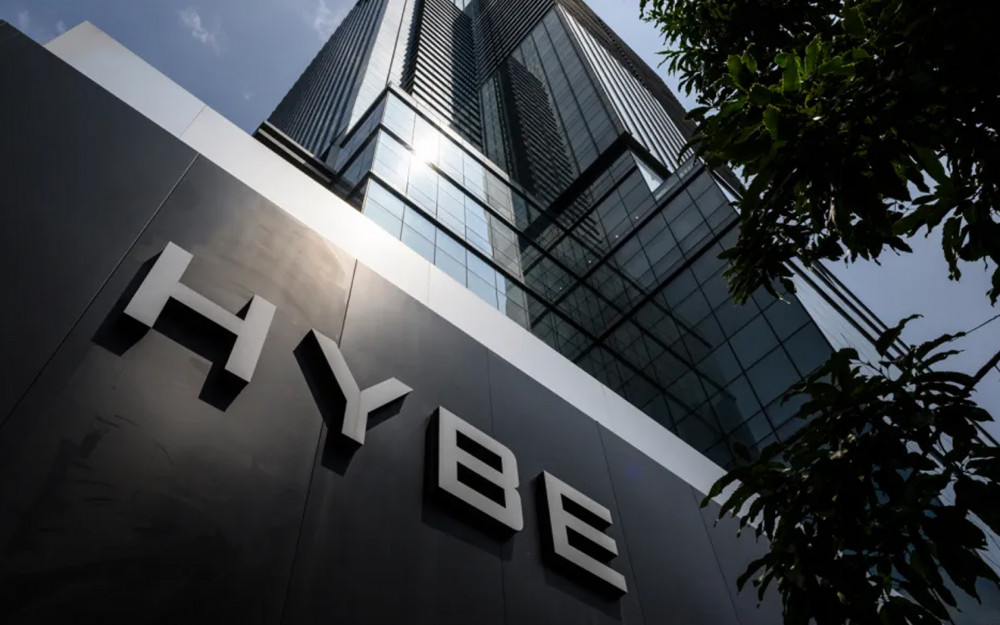
According to a report by Kyunghyang Shinmun, concerns have emerged that HYBE, often hailed as a top workplace, has effectively placed "shackles" on employees who leave the company.
It has been confirmed that HYBE required many employees who recently left its subsidiary labels to sign confidentiality agreements. This applied not only to ADOR employees who resigned recently but also to staff from other labels who had left in the past.
The most controversial part of these confidentiality agreements was the non-compete clause. HYBE demanded that many departing employees agree to the following:
- They may not be employed by or collaborate with companies in the same or similar industry within one year after resignation.
- They may not establish or operate companies in the same or similar industry within one year after resignation.
In other words, employees who leave HYBE are barred from working not only in rival entertainment companies but also in similar fields for a full year. The signing of these agreements was overseen by Kim Joo Young, HYBE’s Chief Human Resources Officer and the current CEO of ADOR.
However, experts point out that non-compete agreements with ordinary employees, especially when no special benefits are offered, are virtually unenforceable and may infringe on workers' freedom to choose their profession.
Non-compete agreements are typically seen in highly technical industries, such as semiconductors, to prevent the leakage of sensitive information. Yet, many in the entertainment industry view HYBE’s application of such clauses as an excessive restriction.
Industry insiders noted that while certain positions sometimes involve confidentiality or copyright-related agreements, forcing non-compete clauses on non-executive employees was unprecedented. Some even remarked, "Isn't HYBE the very company that grew by poaching talent from other agencies?"
A labor attorney, speaking on condition of anonymity, said, "This is essentially a waste of paper with no legal validity. It seems like a tool for oppressing workers, unfairly infringing on their constitutional right to choose their profession. HYBE's in-house legal experts must have advised management that these clauses have no validity, yet the fact that they were still enforced suggests strong pressure from top executives. For an employee, this would feel like 'pressure' as though they were being forced not to resign."
Attorney Roh Jong Eon of the Yoon & Roh law firm added, "The scope of the non-compete clause is excessively broad and risks infringing on employees’ freedom of career choice. The Supreme Court has ruled that while non-compete agreements may be valid, this is only within reasonable limits, given that the freedom to choose an occupation and the right to work are constitutional rights. Agreements lacking reasonableness are invalid, even if the employee consents."
HYBE was also reported to have required some departing employees to sign non-litigation agreements, under which they pledged not to file lawsuits against the company over any issues that arose during their employment.
While such agreements may be used when disputes or lawsuits are already ongoing, HYBE reportedly demanded them even from employees with no disputes at the time of resignation.
In addition, HYBE set the preservation period for NDAs signed by departing employees as “permanent.” This is a violation of the Personal Information Protection Act. According to the Labor Standards Act and the Personal Information Protection Act, employment-related documents must be kept for three years after termination and destroyed within five days thereafter.
Attorney Roh explained, "Personnel-related documents cannot be kept longer than the legally mandated period. If they are, the company risks violating the Personal Information Protection Act. Only with the explicit consent of the former employee can specific documents necessary for issuing proof of career be kept beyond the limit."
An HR executive from a global company commented, "Most global firms require confidentiality and non-compete agreements upon hiring, often accompanied by reasonable compensation. In HYBE’s case, it seems more like a pressure tactic. The interpretation also depends on whether the contracts applied to all employees or only those in special positions."
Attorney Roh further warned, "Obtaining broad non-litigation agreements from departing employees without specific disputes severely infringes on workers’ rights and is likely to be deemed invalid under Supreme Court precedent."
In response, HYBE stated, "The documents submitted by departing employees undergo legal review and are handled at a standard level. The non-compete clause prohibits joining or working with the same or similar companies for one year after departure, considering the industry’s nature where content creation and creative work are central." And added, "The non-litigation agreement acknowledges that company assets used or created during employment belong to HYBE and prevents lawsuits over issues that arose during employment. The term ‘permanent preservation’ refers only to the document storage period, not the indefinite legal effect of the documents."
SEE ALSO: fromis_9 wins with “White Memories” + Stunning performance on January 10th’s ‘Show! Music Core’!
 SHARE
SHARE








